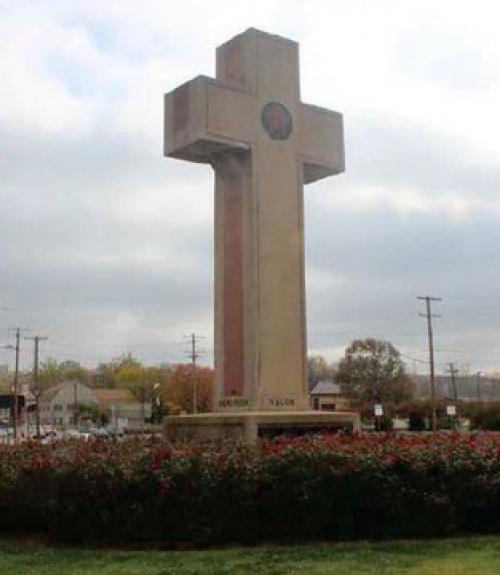Issac Kramnick, the Richard J.Schwartz Professor of Government Emeritus, and R. Laurence Moore, the Howard A. Newman Professor of American Studies and History Emeritus, co-wrote in this op-ed in The Hill that it will be unconstitutional if the Supreme Court's overturns the Appeals courts ruling that a 40-foot cross on public land in Bladensburg, MD violates the First Amendment's prohibition on the establishment of religion.
They write: "Our hunch is that the Supreme Court will later this term overturn the Appeal's Court ruling, accepting the appellant's argument that the monument does not violate the First Amendment because the 'peace cross' is not a religious symbol but a secular, civic structure, memorializing those who are named on it, who died in the Great War. By declaring the purpose of the cross to be a non-religious, secular honoring of dead veterans, the court avoids wading into issues of the separation of church and state. But this strategic move to maintain the constitutionality of the obviously unconstitutional is not only illogical, it is demeaning to truly religious Christians for whom the cross and Christ's crucifixion is at the core of their religious conviction. To redefine and secularize the central Christian symbol is hurtful and insulting to the believing Christian."
In the op-ed, Kramnick and Moore explain why it is inappropriate for Federal Courts to legitimize governmental violation of the Establishment Clause.




